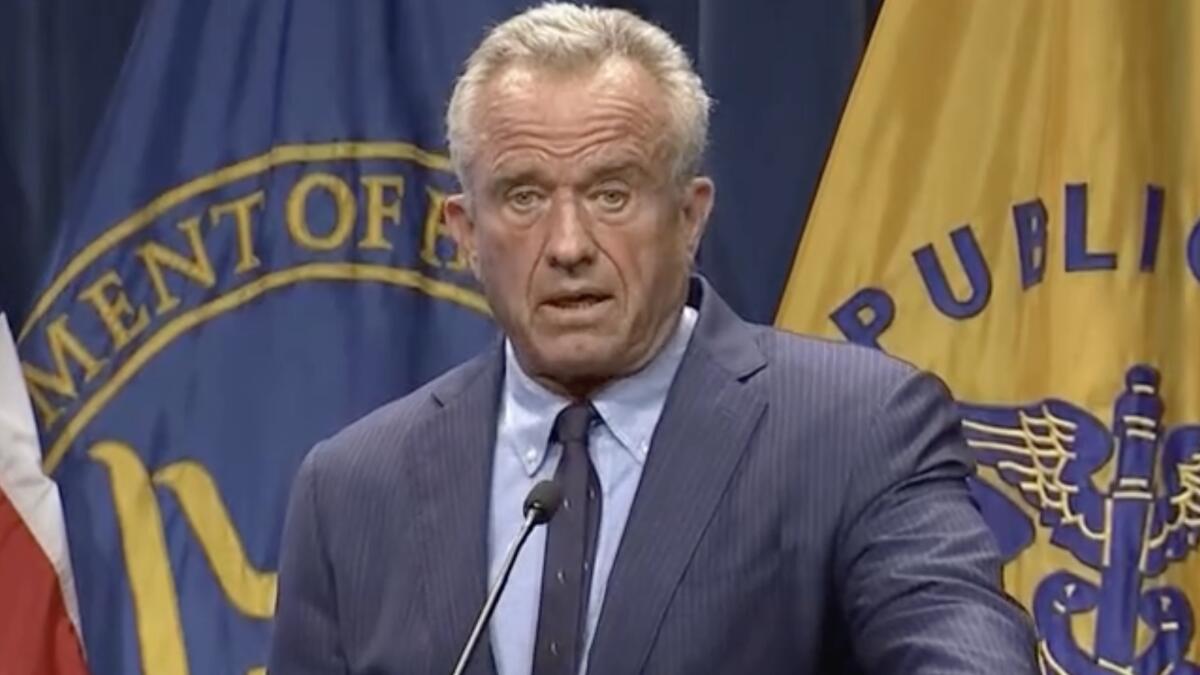Vaccine Conspiracy or Dangerous Delusion? RFK Jr.'s Autism Claims Unravel Scientific Consensus

In a recent press conference that left medical experts stunned, Health and Human Services Secretary Robert F. Kennedy Jr. unleashed a torrent of misleading claims about autism, drawing sharp criticism from professionals who specialize in the condition.
Kennedy's controversial statements represent a troubling departure from scientific consensus, raising serious concerns about the potential spread of misinformation. Autism researchers and healthcare professionals were quick to condemn the remarks, emphasizing the importance of evidence-based communication about this complex neurodevelopmental disorder.
The secretary's comments not only mischaracterized current scientific understanding but also risked undermining public trust in medical research and autism support services. Experts argue that such unfounded statements can be particularly harmful, potentially discouraging families from seeking appropriate care and support for individuals with autism.
As the scientific community continues to work tirelessly to understand and support individuals on the autism spectrum, irresponsible rhetoric from high-ranking officials threatens to derail years of progress in research, awareness, and inclusive support.
